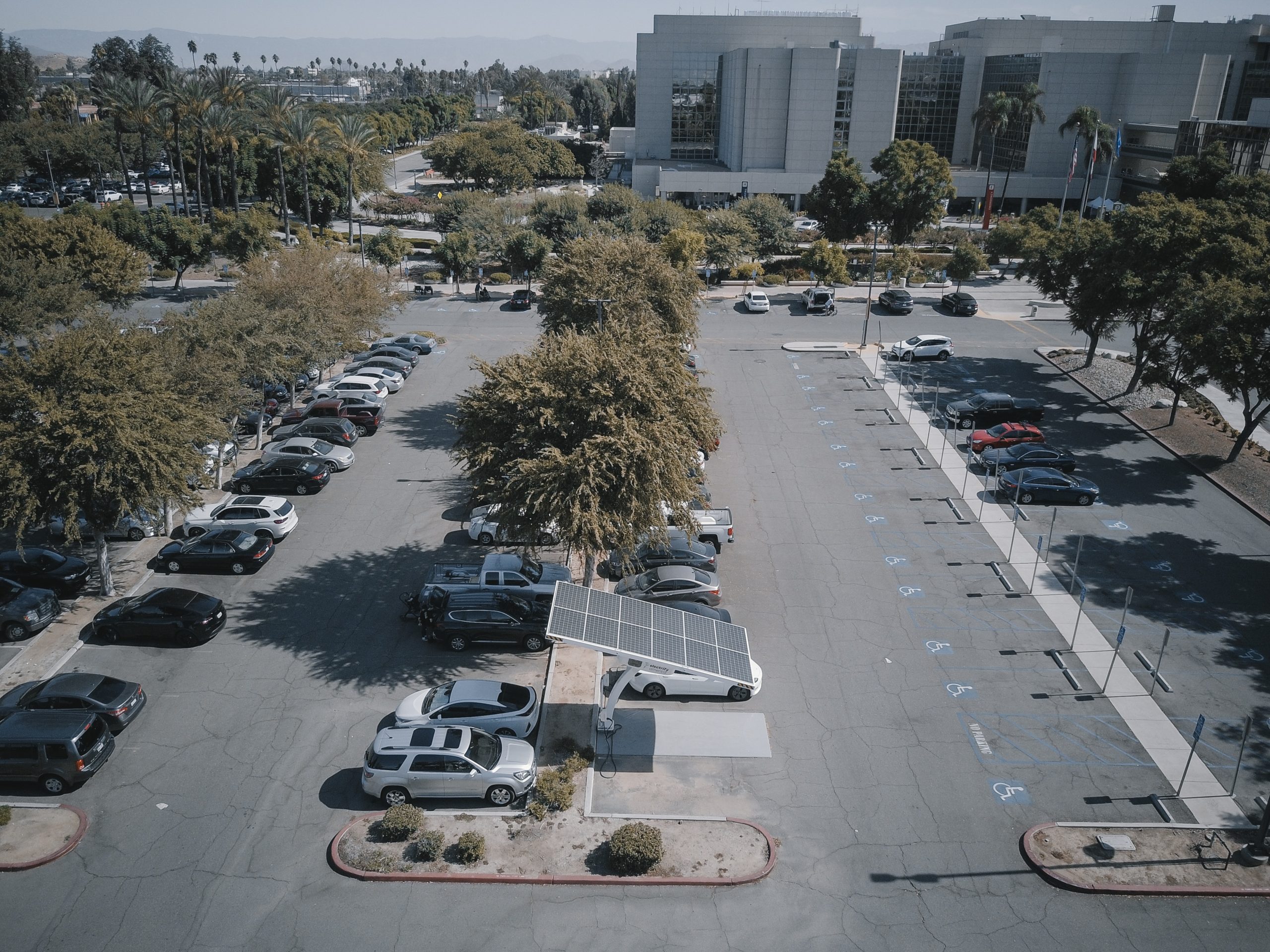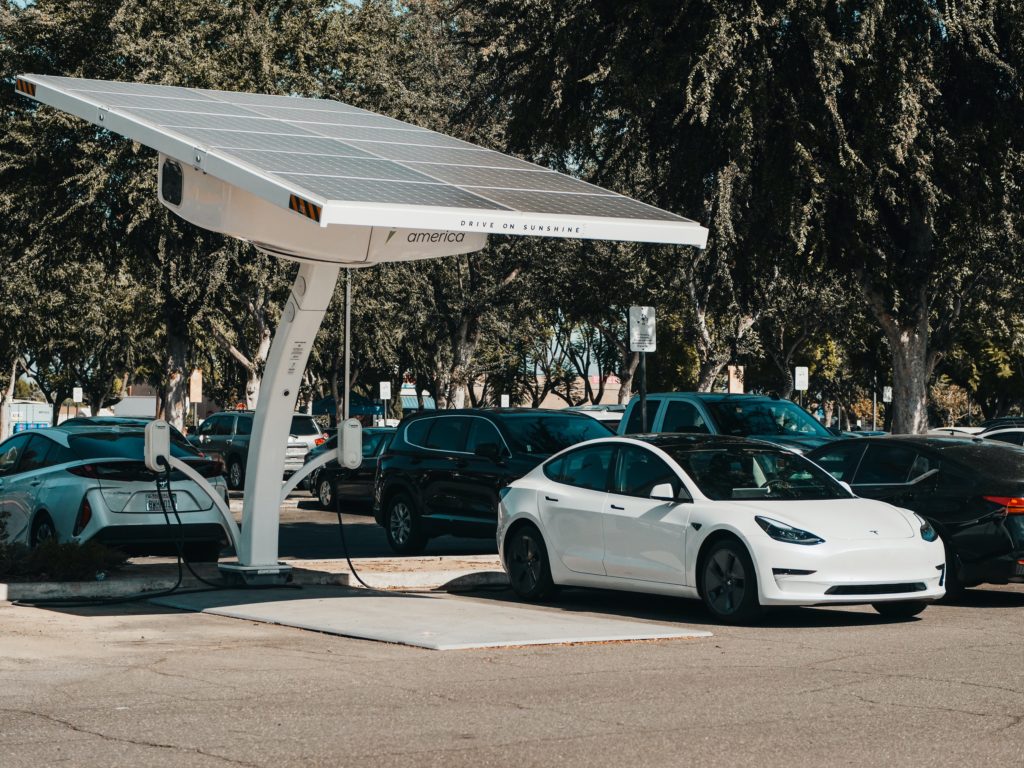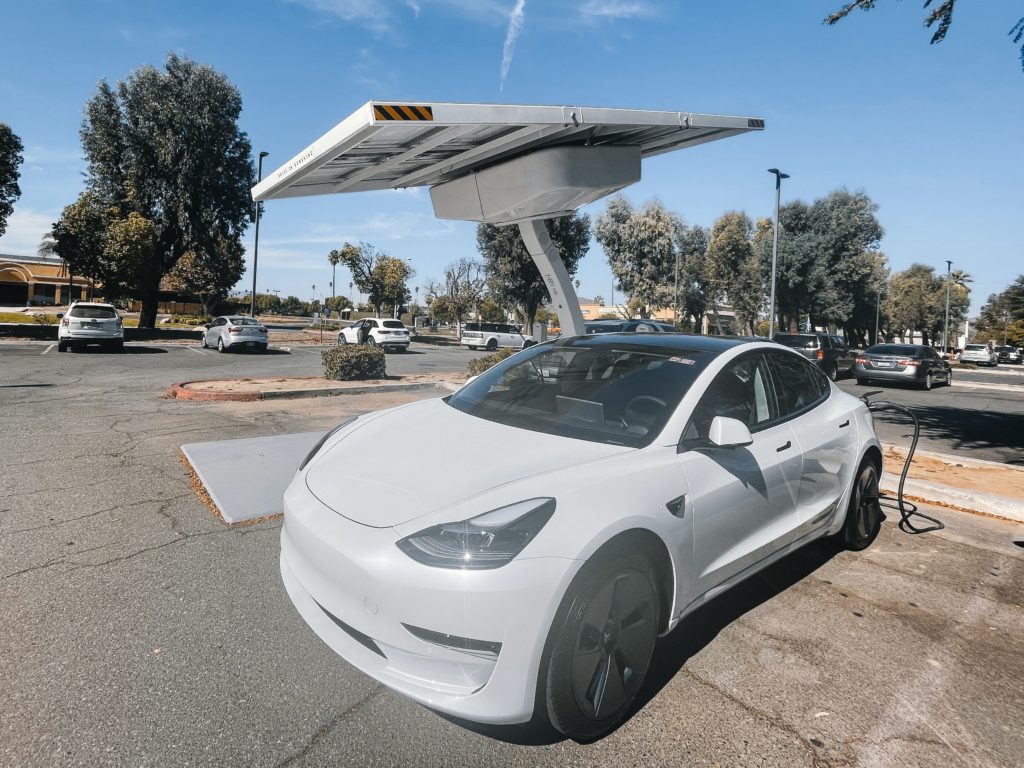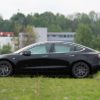
There are many reasons why future electric cars are needed. One reason is pollution. Cars pollute the air and since most of the Earth is covered with water, we are consuming vast amounts of it. Water is an important part of our economy and people will start driving smaller and more economic cars if pollution levels stay high.
In the future, all cars will run on batteries. Some will run on electric energy and some will run on gasoline. Batteries are cheaper and have the advantage that they do not need a motor to run. Therefore, they can produce more torque and top speed. They will be able to negotiate corners better than current electric vehicles and they can also allow for better safety as they will be able to prevent accidents caused by human error.
An Overview

One way to convert future electric cars is by using electric motors to accelerate them. There are two kinds of electric motors, one with a controller and the other without. controllers are used with self-driving EVS (electronic motor assisted systems) to control the acceleration and top speed of the vehicle. Without controllers, EVS’ will also be able to control acceleration and top speed.
If you want to see what the future holds for battery-powered cars, BMW unveiled their new Concept series. The concept car is the first of its kind. It is a joint project between BMW and the Chinese automotive company SUV producer Huayou. The two companies hope to develop battery-powered cars that will rival Mercedes and Chevrolet. BMW hopes that once the first series of these concept cars come off the production line, the market for full size electric cars will be completely saturated.
Possible Problems of Future Electric Cars

Toyota’s dream of a hydrogen fueled future came to light at the Paris Motor Show. They have developed a Prius model which uses an advanced battery technology called capacitor discharge battery. The electric models of Toyota’s future will not use gasoline as power, but will instead use electricity. This will most likely be achieved through an advanced electric engine coupled with onboard rechargeable batteries. Future Toyota Prius models will also use onboard hydrogen fuel cells to provide power.
Toyota’s dream of introducing a hybrid version of their Prius came to light at the Tokyo Motor Show. The concept cars are being developed with a goal of building a Prius which can run on water and could also run on electricity. Even though it is a dream, it may become a reality if the engineers at Toyota can find a solution to the remaining problems associated with a future electric car.
In the world of electric mobility, one Japanese firm has already made a breakthrough. The battery concept they unveiled looks extremely promising and could make electric mobility a real possibility for the future. Developed by a startup company called Merdes, the concept car would use a hybrid of the DC/AC engines of both a Mercedes Benz and a Honda. The hybrid power train would provide enough juice to run the car, and would then store that juice in a battery which the car would use to charge its batteries.
In the End
As more people look forward to buying electric cars, the race is on to build the first successful charger capable of running both gasoline and electricity. If the engineers at Toyota can find a way to combine the functions of the engine and the batteries into a single power plant, it may be the answer to the prayers of environmentally concerned buyers. In the future, however, it looks like the only way to get to a truly clean car will be to make changes to current cars. It may take a while, but eventually electric cars will be a reality and everyone will have a choice for road ahead.





